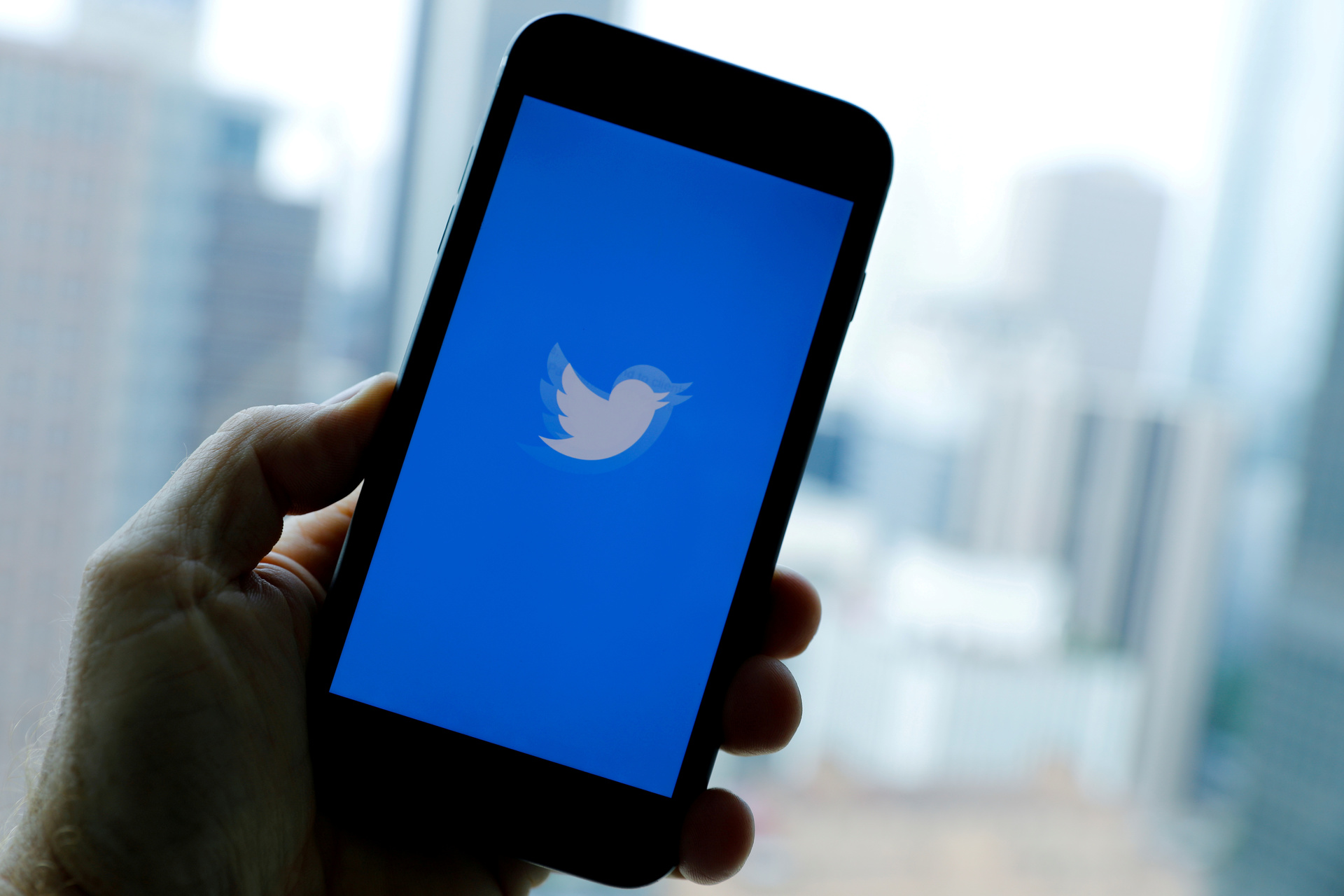Roskomnadzor decided to partially stop slowing down Twitter, as the administration of the social network removed more than 91% of illegal content.
This is stated in a message on the agency's website.
It is clarified that the decision concerns only fixed networks, the slowdown of traffic on mobile devices will continue.
“The check showed that Twitter moderators removed over 91% of prohibited information.
At the moment, 563 messages with child pornography, narcotic and suicidal content, calls for minors to participate in uncoordinated mass events, as well as extremist and other materials prohibited on the territory of the Russian Federation remain unreleased out of 5.9 thousand prohibited materials identified by the department, " message.
To completely remove the restrictions of the social network, it is necessary to remove all identified prohibited materials and respond to the requirements of the department no later than 24 hours from the moment of their receipt.
Roskomnadzor added that they received a letter from the company, in which it confirmed that it shares actions to combat prohibited content and will take all necessary measures to remove it.
"The agency appreciates the efforts of Twitter to comply with the requirements of Russian legislation," - said in a statement.
At the same time, Roskomnadzor reported that they revealed cases of posting illegal materials on other Internet sites, including Facebook and YouTube.
"If these platforms do not take appropriate measures, similar sanctions may be applied to them," the ministry said.
We will remind, on March 10, Roskomnadzor began to slow down the speed of Twitter on all mobile gadgets and 50% of stationary devices.
As the department explained then, the decision is due to the fact that the social network does not systematically remove prohibited content - including child pornography and publications that incite minors to suicide.
The department then stressed that there is every reason for a complete blocking of the service, but there is still hope for the constructive position of the company.
As noted by the deputy head of the RKN Vadim Subbotin, when choosing a mechanism for influencing Twitter, the department tried to minimize the inconvenience for users of the service.
For this reason, the restrictions did not affect text messages, but only affected the transfer rate of photo and video content.
Subbotin noted that Roskomnadzor had repeatedly warned Twitter about violations of the law.
Since 2017, the department has sent the company more than 28 thousand requests to remove illegal links and publications.
In March, Roskomnadzor reported that Twitter representatives did not respond to requests from the department.
At the end of the month, RKN confirmed that the social network had begun to remove prohibited content, but noted that the process was slow.
The press secretary of the Russian President Dmitry Peskov said that the Russian side has no desire to block resources.
At the same time, he noted the need to take measures to ensure compliance with the legislation of the Russian Federation by foreign companies.
“There must be effective measures in order to force these companies to comply with the legal requirements of our departments.
These companies are obliged to do this if they operate on the territory of the Russian Federation.
It cannot be that some companies were in our territory outside the legal framework, ”said Peskov.
Reuters
© Mike Blake / File
In addition, on April 2, the Magistrate's Court of the Tagansky District of Moscow fined Twitter Inc.
under three administrative protocols on non-deletion of illegal information.
The total amount of penalties was 8.9 million rubles.
The amount of fines amounted to 3.2 million, 3.3 million and 2.4 million rubles.
The company was found guilty of violating the procedure for restricting access to information, access to which is subject to restriction by law (part 2 of article 13.41 of the Administrative Code of Russia).
Commenting on the court's decision, RKN recalled the responsibility that lies with popular Internet platforms.
“Unrestricted access to illegal information exposes the life and health of users, especially children and adolescents, to danger,” the ministry said.
At the same time, the official representative of the Russian Foreign Ministry, Maria Zakharova, earlier drew attention to the position of Twitter in relation to the Russian media, which the department called open censorship.
Zakharova noted that the Russian media "without trial and investigation are labeled as allegedly unreliable, excluded from the search, blocked, deleted accounts."

